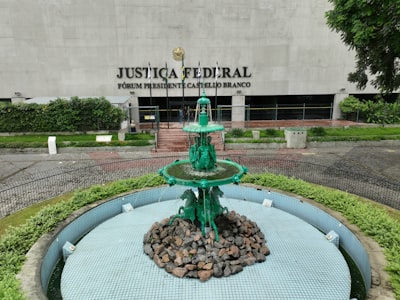Hook
Do you feel that? The lump in your throat, that familiar ache of "tragedy" from a safe historical distance? Let it curdle into something uglier—because our hands aren't clean. Not yours, not mine, not society's. When a man’s innocence is declared 58 years after the state snapped his neck, our outrage is rotten—because we only mourn when it’s impossible to make amends.
Conflict
Let’s rip the Band-Aid off: the "wrongful" execution of Park Jeong-Gil isn’t an isolated relic from a savage past. It’s the logical outcome of a society—and a planet—that worships order, dehumanizes dissenters, and turns apology into theater. We still do this, just with more hashtags and designer remorse.
Where’s the real horror? It’s not merely that an innocent man was murdered by his own government. It’s the self-congratulation we indulge when the courts, decades later, brush dust off history and say, "Oops. Our bad. Case closed."
Fuel
Let me draw the lines sharper: For every spotlighted miscarriage of justice, there are a thousand silent skeletons, their families crushed by institutional arrogance, waiting for a fancy headline or a bored judge’s signature. If you think this happens only in "authoritarian" states, look at your own country’s record—the United States, the UK, Japan. We lionize due process, but under the right pressure—fear, ideology, nationalism—law becomes a cudgel. The innocent become disposable in the name of safety.
What’s worse? The public, you included, would rather have a clean narrative than a messy truth. The executed man is hauled out as a cautionary tale, not as an indictment of us.
Don’t sell yourself the fantasy that “we’ve learned our lesson.” Executing the powerless in courtrooms or on social media is a tradition as old as civilization. Our hunger for blame feeds political machines and news cycles. The apologies that trail—decades late, always too late—are not justice. They are society laundering its conscience.
Impact
So, tell me: who does your forgiveness serve? When you nod at another posthumous exoneration, are you comforted that the system sometimes makes “things right” or are you enraged at a world where right is always out of reach for those targeted by mistake, by prejudice, or simply by bad luck?
Instead of mourning in the abstract, ask yourself: Who is still suffering now? Who is being railroaded in your name, so you can feel "safe"? Stop applauding closure that comes after the grave. Start fearing the quiet apathy that lets institutions off the hook—again and again, forever.
This article was inspired by the headline: 'South Korean man’s wrongful spy charges overturned, 58 years after execution'.

Comments
No comments yet. Be the first to comment!